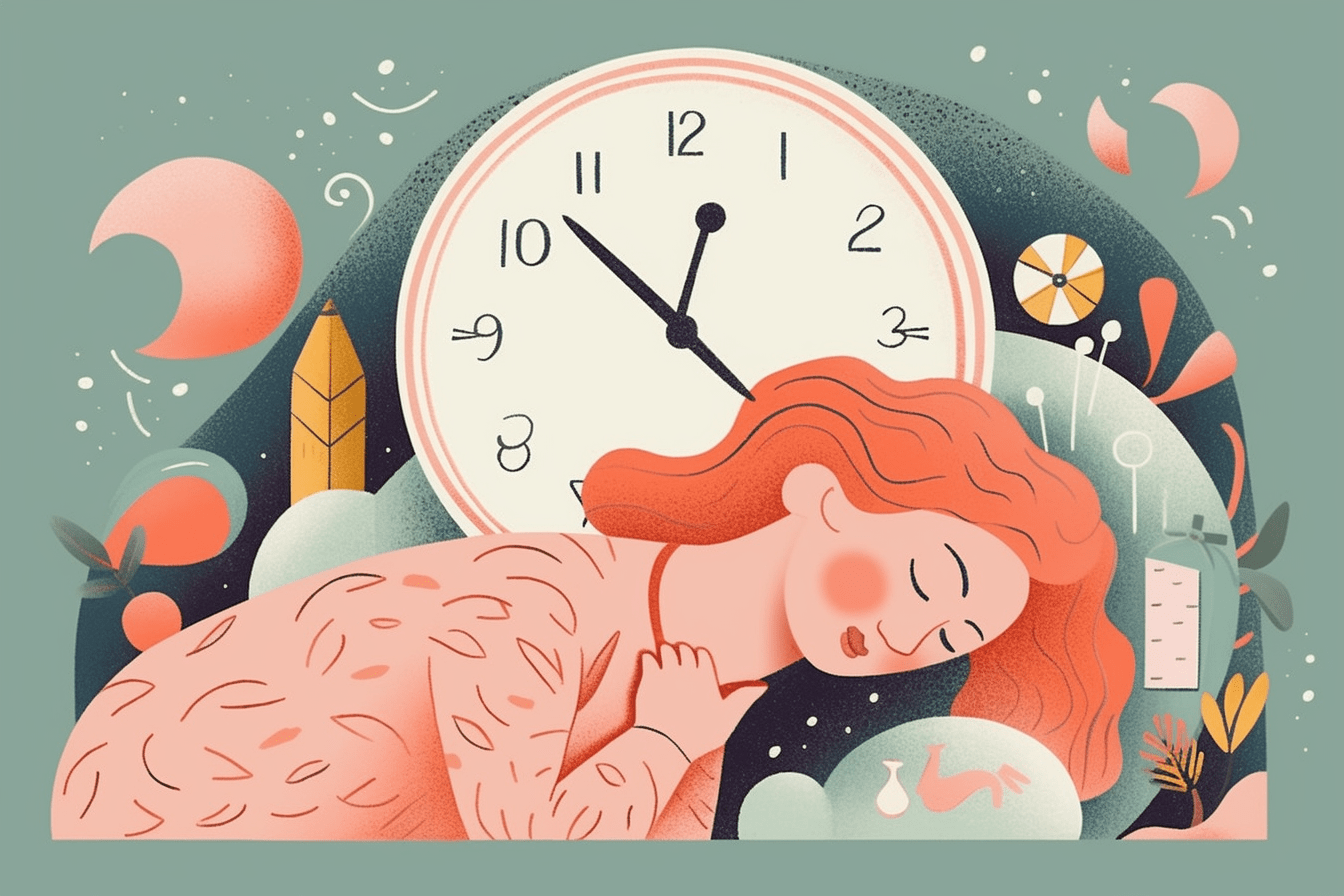Sleep is one of the most fundamental needs of the human body. It allows you to recharge your batteries and prepare the body for the challenges of the coming day. However, the amount of sleep needed varies depending on age and daily activities. In this article, we will examine how to determine how many hours of sleep you need based on your age.
Sleep Needs of Infants, Children, and Adolescents
First, it’s important to note that most adults need 7 to 9 hours of sleep per night. However, there are significant differences based on age and physical condition. Infants need 14 to 17 hours of sleep per day, while teenagers may need 8 to 10 hours of sleep to feel well-rested.
Sleep Needs of Adults and Older Adults
Older adults also require less sleep than younger adults. However, this difference is not as marked as it is for children and teenagers. Older people may need 7 to 8 hours of sleep per night to feel rested.
Factors to Consider in Determining Your Sleep Needs
To determine how many hours of sleep you need, you should consider several factors such as your age, lifestyle, and daily activities. For example, if you are an athlete or engage in physically demanding work, you may need more sleep to recover.
The Importance of Finding the Right Amount of Sleep for You
In addition, the necessary amount of sleep can vary depending on the quality of your sleep. If you suffer from insomnia or have sleep problems, you may need more sleep to recover and feel rested. In such cases, it is important to consult a doctor or sleep specialist to identify the underlying cause of the issue.
How to Determine How Many Hours of Sleep You Need
In general, children need more sleep than adults. Infants need 14 to 17 hours of sleep per day, babies need 12 to 15 hours, toddlers need 11 to 14 hours, school-age children need 9 to 11 hours, teenagers need 8 to 10 hours, adults need 7 to 9 hours, and older adults need 7 to 8 hours.
However, these figures are only general estimates, and it is important to consider individual needs. Some people may need more sleep than others to feel rested and refreshed.
It is also important to note that sleep is a biological need, and sleep requirements can vary depending on the season, atmospheric pressure, and other environmental factors. People living in darker or colder regions may need more sleep in the winter, while those living in warmer regions may need less sleep.
The Importance of Taking Time to Rest and Recover Each Night
In the end, the number of hours of sleep you need will depend on many factors, including your age, lifestyle, and individual needs. It is important to find the amount of sleep that works best for you, as regular sleep deprivation can negatively affect your health, leading to fatigue, irritability, reduced cognitive and physical performance, and an increased risk of chronic diseases such as diabetes, obesity, and heart disease.
Additionally, getting enough sleep is important for strengthening the immune system and preventing infections and illnesses. Therefore, it is essential to take time to rest and recover every night.
To find the number of hours of sleep you need, try maintaining a regular sleep routine by going to bed and waking up at the same time every day. Avoid screens before bed and try to create a comfortable and quiet sleep environment to encourage deep and restorative sleep.
In conclusion, the number of hours of sleep you need depends on your age, lifestyle, and individual needs. While general estimates suggest that adults need 7 to 9 hours of sleep per night, it is important to consider individual differences and find the amount of sleep that works best for you. By taking the time to rest and recover each night, you can improve your long-term health and well-being.

